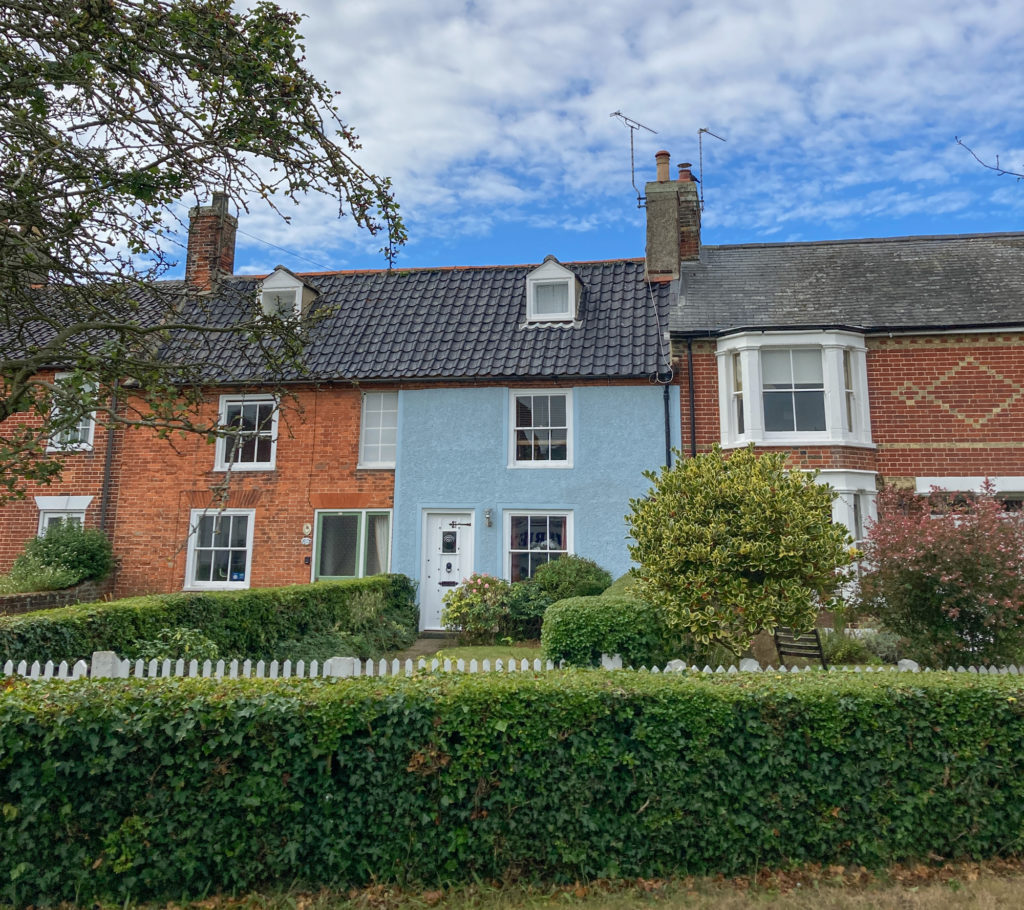
If you find yourself with a second home – whether temporarily while you’re working away from your usual area, or you’ve permanently become the owner of another property – you’ve got a handy way to make an extra income by letting it out.
But, there are a few things to consider before you put up a ‘For Rent’ board outside the building. let’s dive straight in…
1. What condition does the house need to be in?
There are many Government regulations for renting out a property and you’ll need to tick all the boxes before you can even think about putting your home on the market for rental. Aside from gas and electricity safety checks, the home will need a good Energy Performance Certificate.
That may mean installing insulation, changing windows and upgrading the heating system before a tenant can move in – extensive and expensive tasks that you might not have the budget for.
Plus, you’ll want your home to be a welcoming space so that people will actually want to rent it from you. So you might need to upgrade the interior fittings, refresh any faded decor, add new flooring or carry out exterior maintenance such as a garage door repair or painting the fence to add kerb appeal.
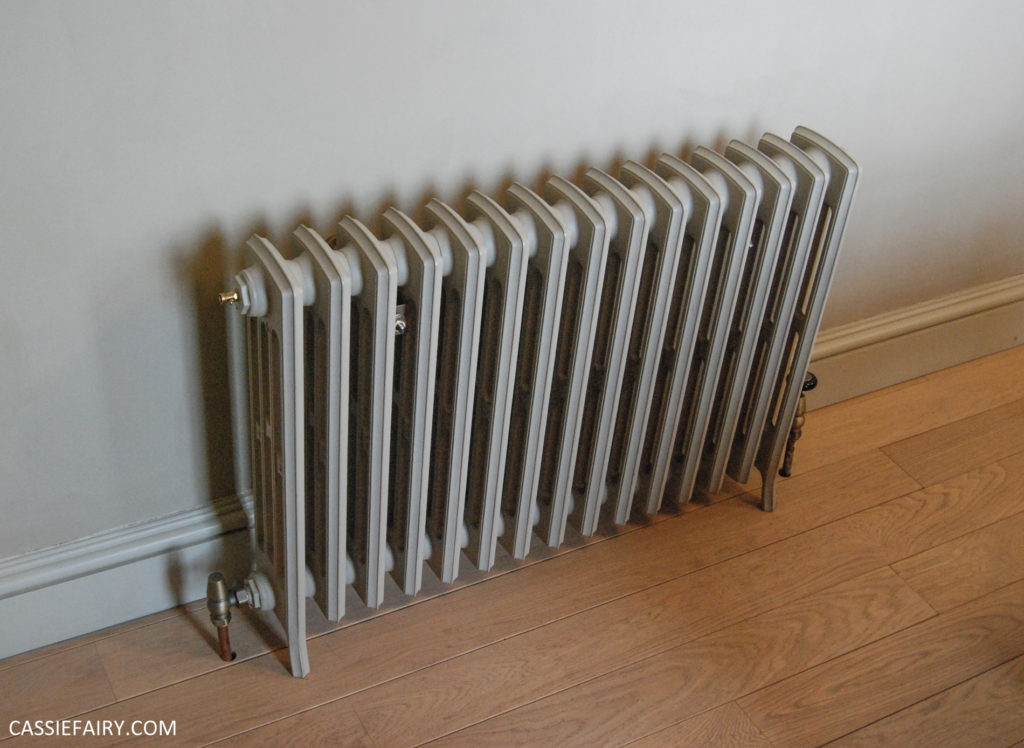
2. Who will manage it?
If you’re renting out your property, someone will need to manage it. This is so that the tenant has a point of contact if there are any issues with the building and, even before that, someone to advertise the property, arrange viewings, deal with contracts and deposits etc. Of course, you could do this yourself, but there are lots of rules about letting properties that you’ll need to become familiar with, and you’ll have to arrange for the tenant’s money to be held in a deposit protection scheme.
An alternative to all the admin and ongoing letting tasks is to use professional property managers to coordinate the process for you. They will usually charge a fee or a percentage of the monthly rental in order to look after the property and your tenants. That means you’ll rarely have to deal with out-of-hours phone calls about problems as someone else is the main contact for the property.
Plus, they’re able to assess applicants and find reliable tenants who will take care of your home and stay for a longer duration. They might even be able to negotiate a higher rental rate for you, thereby covering the cost of hiring someone to manage the property in the first place.
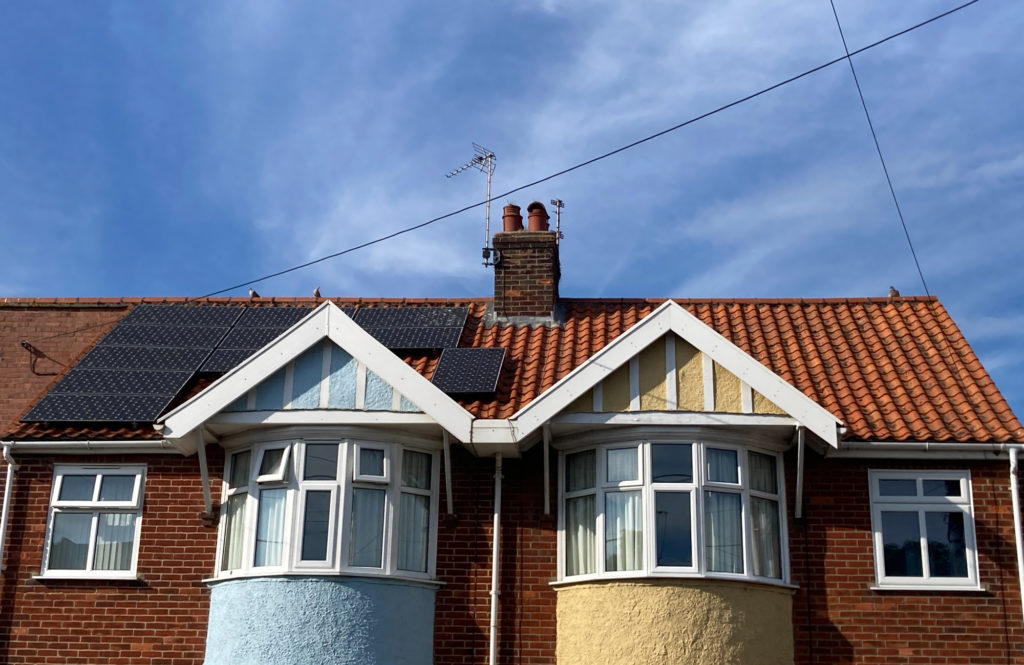
3. What ways can you let it?
You can let the property in a number of ways – either as a whole property for a single monthly rent, or as individual rooms, where the rent is often calculated weekly. This might be classed as a House in Multiple Occupation so there will be extra rules you’ll need to follow if you choose to go down this route – which will cost you extra money to start with.
It’s a good idea to offer 6-month or 1-year tenancy agreements, with a rolling contract thereafter. That way, you can be sure you’ve got a tenant for at least the duration of the agreement. Often, if you have an estate agent managing the property, you’ll pay a fee each time they find a new tenant for you. So, it would be better to have a longer duration agreement (1-year minimum) so that you don’t have to pay another agent’s fee every 6 months.
Another idea for renting out your property is as a holiday let. If you live somewhere particularly nice or a popular tourist spot, there will be people who would want to visit and stay in your home. Again, there are many more expenses and regulations to consider before doing this so do your research and calculate the figures to see if a holiday rental would be worthwhile, even if it’s unoccupied for many weeks or months.
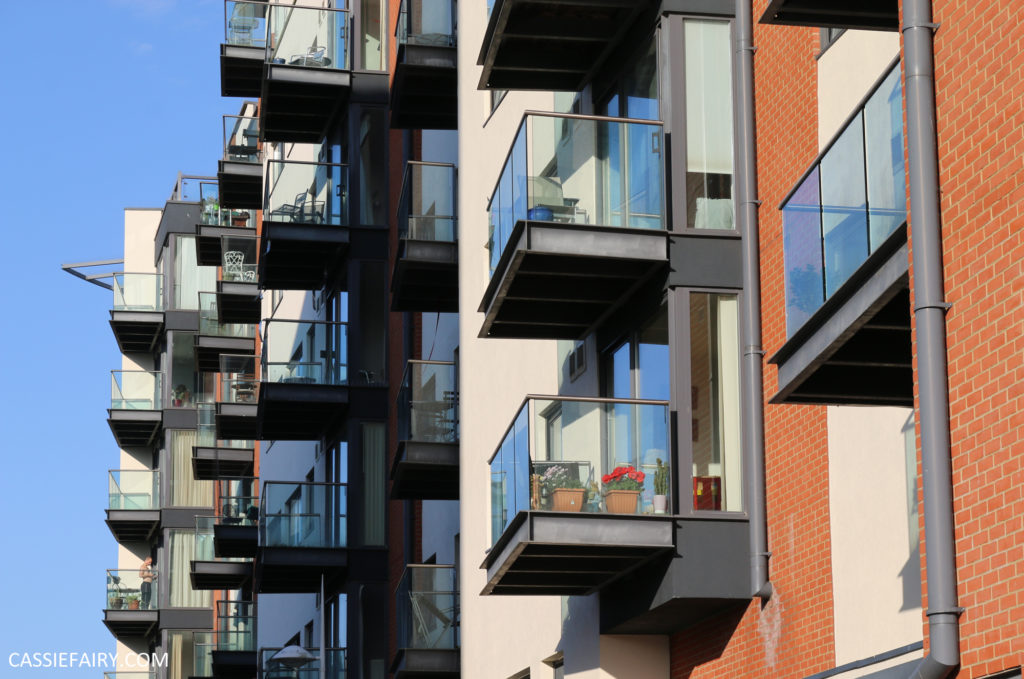
4. What costs might you incur?
Even though you’ll be bringing in an income from the rental fee, there will certainly be expenses that you’ll have to cover before you can count your earnings from the property. For a start, you’ll need insurances to keep you and your tenant safely covered for any issues that arise during the letting period.
If your property is leasehold, you’ll also need to cover any maintenance fees or ground rent charges. And you’ll need to have a pot of cash available to make any repairs to the property or replace appliances as needed. So, it’s likely that your eventual profit will be much less than the rental figure.
One final cost to consider is the cost of moving your belongings out of the property and putting them into storage. You’ll need to get quotes from moving companies and self-storage facilities to make sure you can cover the initial cost of moving and also the ongoing monthly price of storing your furniture and boxes of personal belongings.
Maybe it would be better to rent out your home part-furnished so that you won’t have to pay for storing the bulkier items such as sofas, dining tables and beds. But, that said, it’s worth considering that those pieces will incur wear-and-tear while they’re being used by your tenants and you may not get them back in teh same condition that you left them.
5. Would it be better to sell it?
Sometimes, when a house is newly refurbished and freshly decorated it might be a good idea to sell the property. At this stage, it’s probably in the best condition it will ever be so you can achieve a higher selling price. You can expect wear-and-tear to the interior and fixtures once a tenant moves in, which will mean a lower selling price or the added cost of a revamp if you decide to sell it in the future.
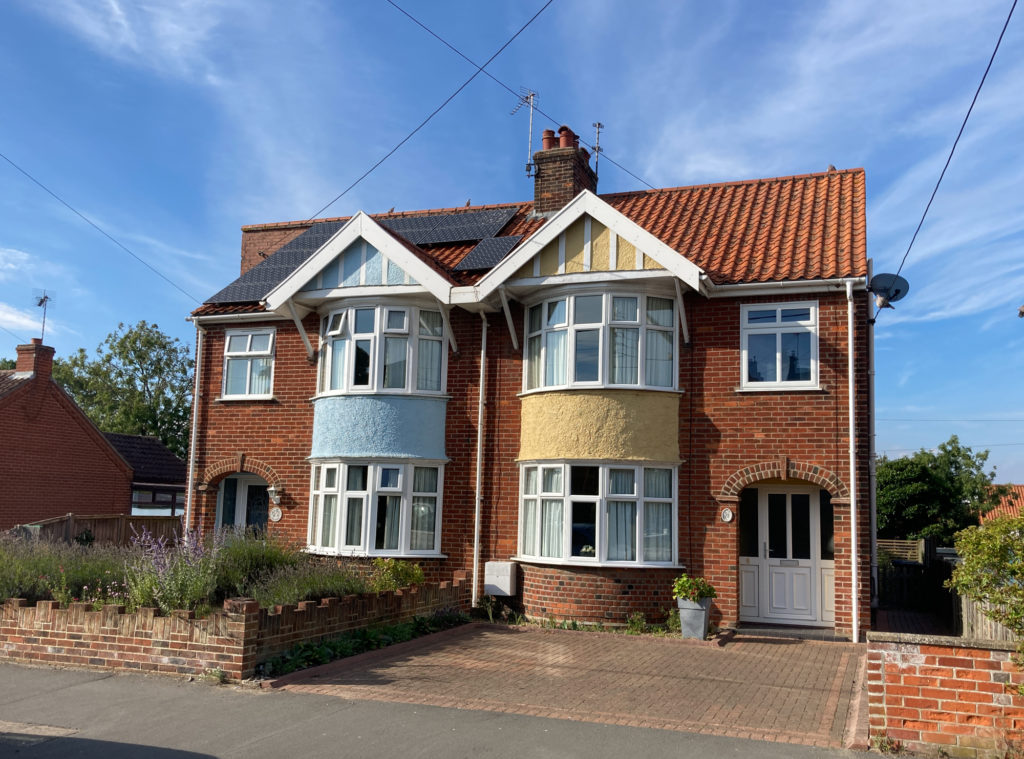
I hope these questions have given you some things to consider before you put your home on the rental market. Let me know if you’ve already rented out your property in the comments below. I’d love to hear how the process has been for you and any tips you would suggest to anyone who is looking to let out their home.
Pin it for later
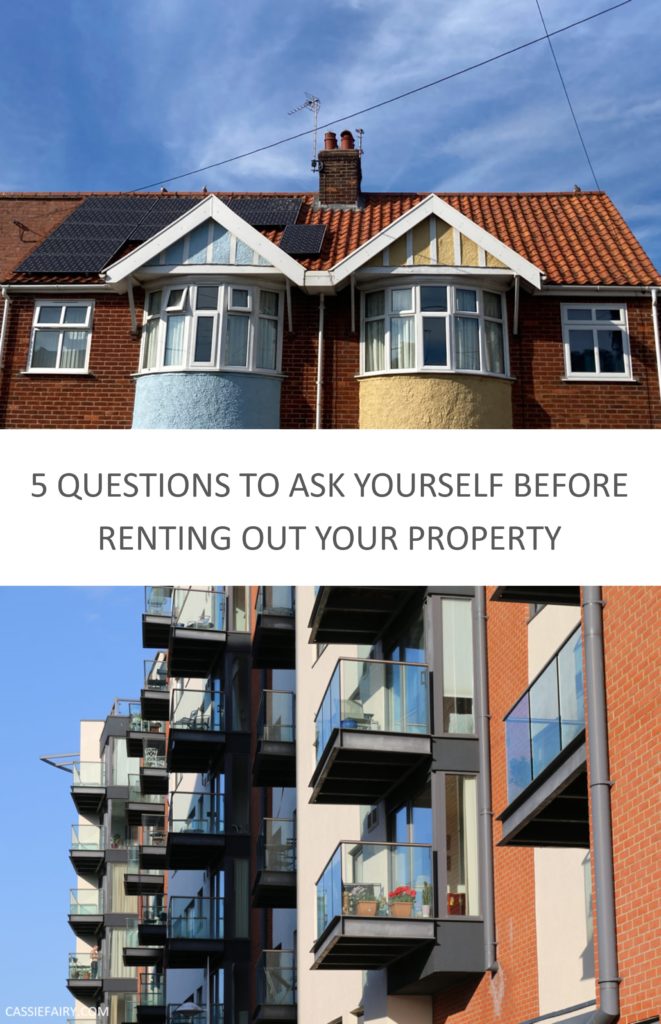
This article is a sponsored collaboration. The pink links in the content indicate a sponsored link or information source. The blog post reflects my own experience and the sponsor hasn’t had any control over my content 🙂








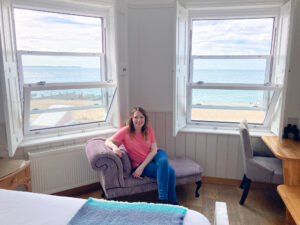




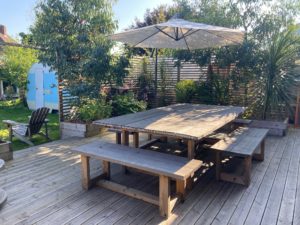


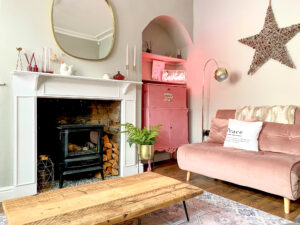

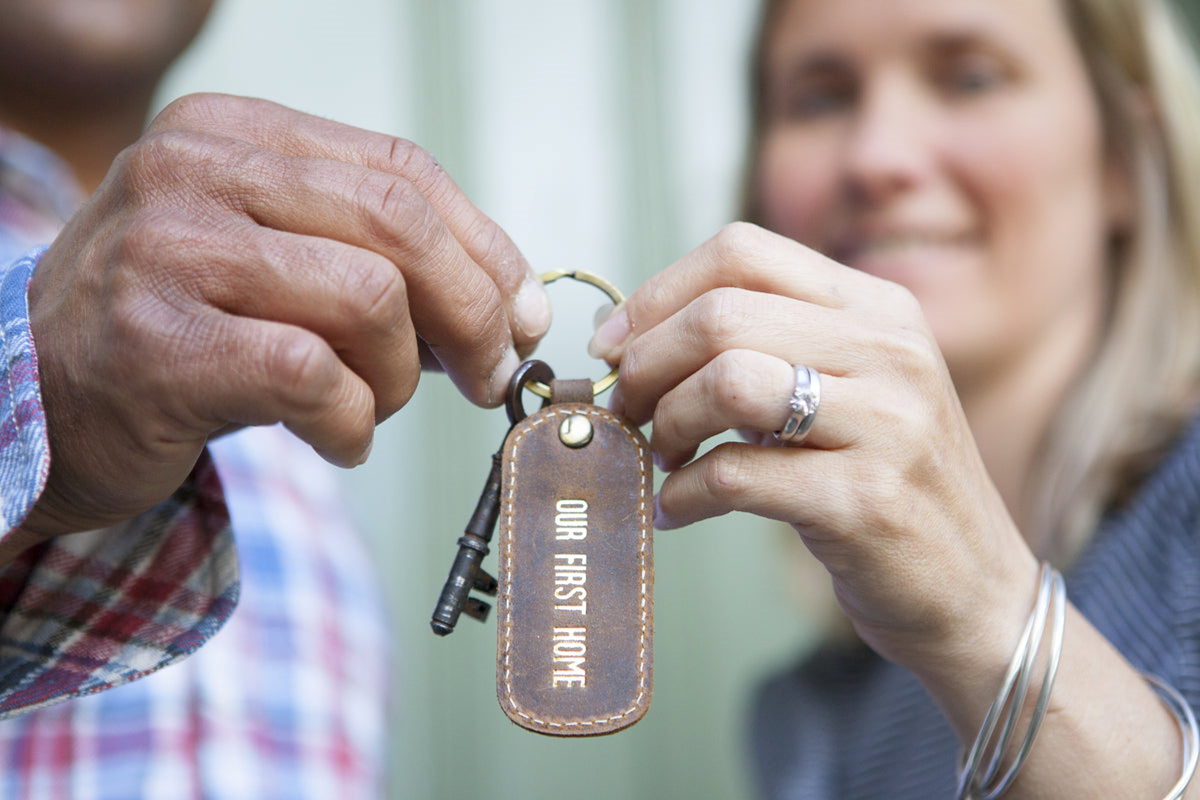

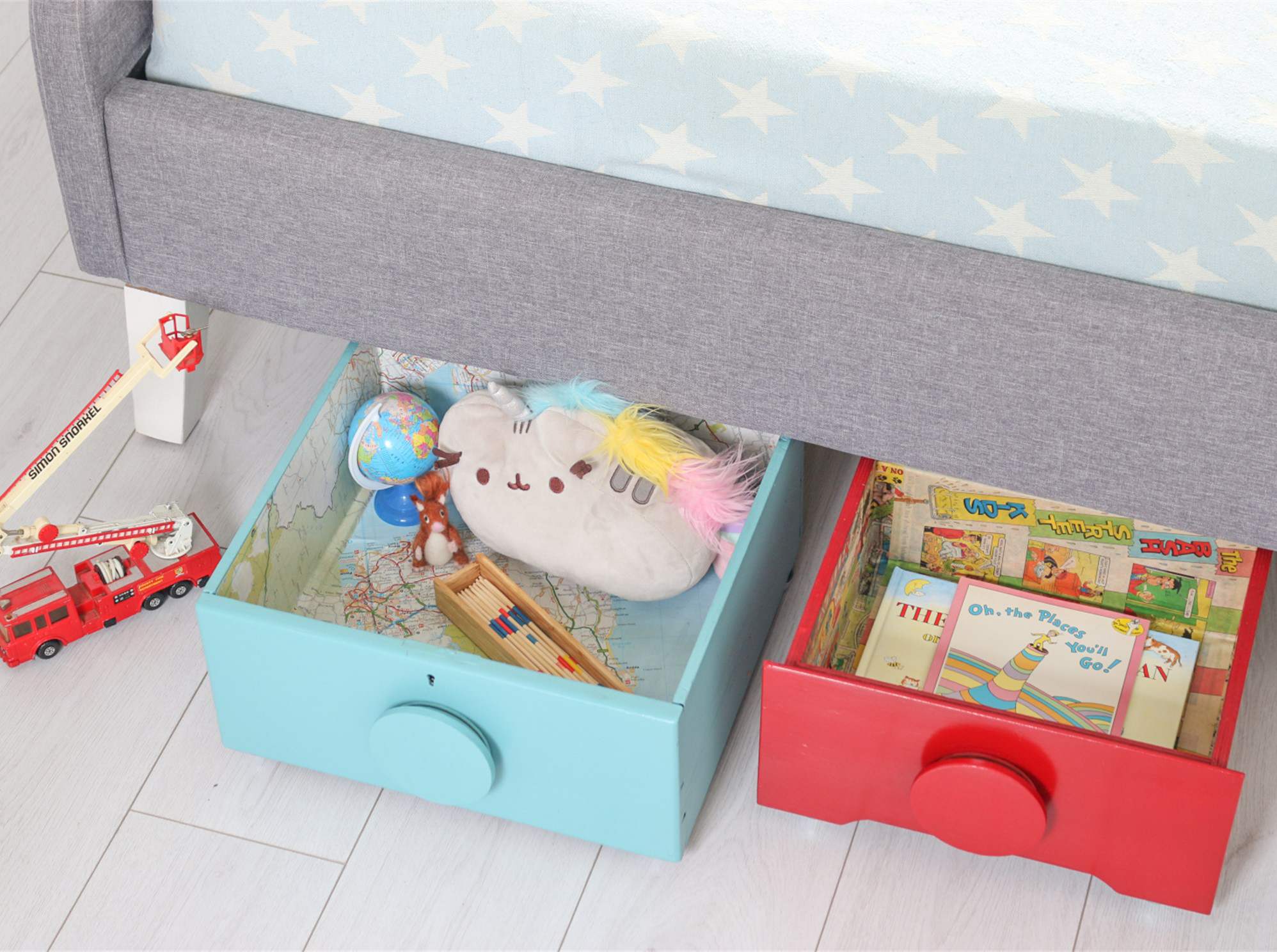
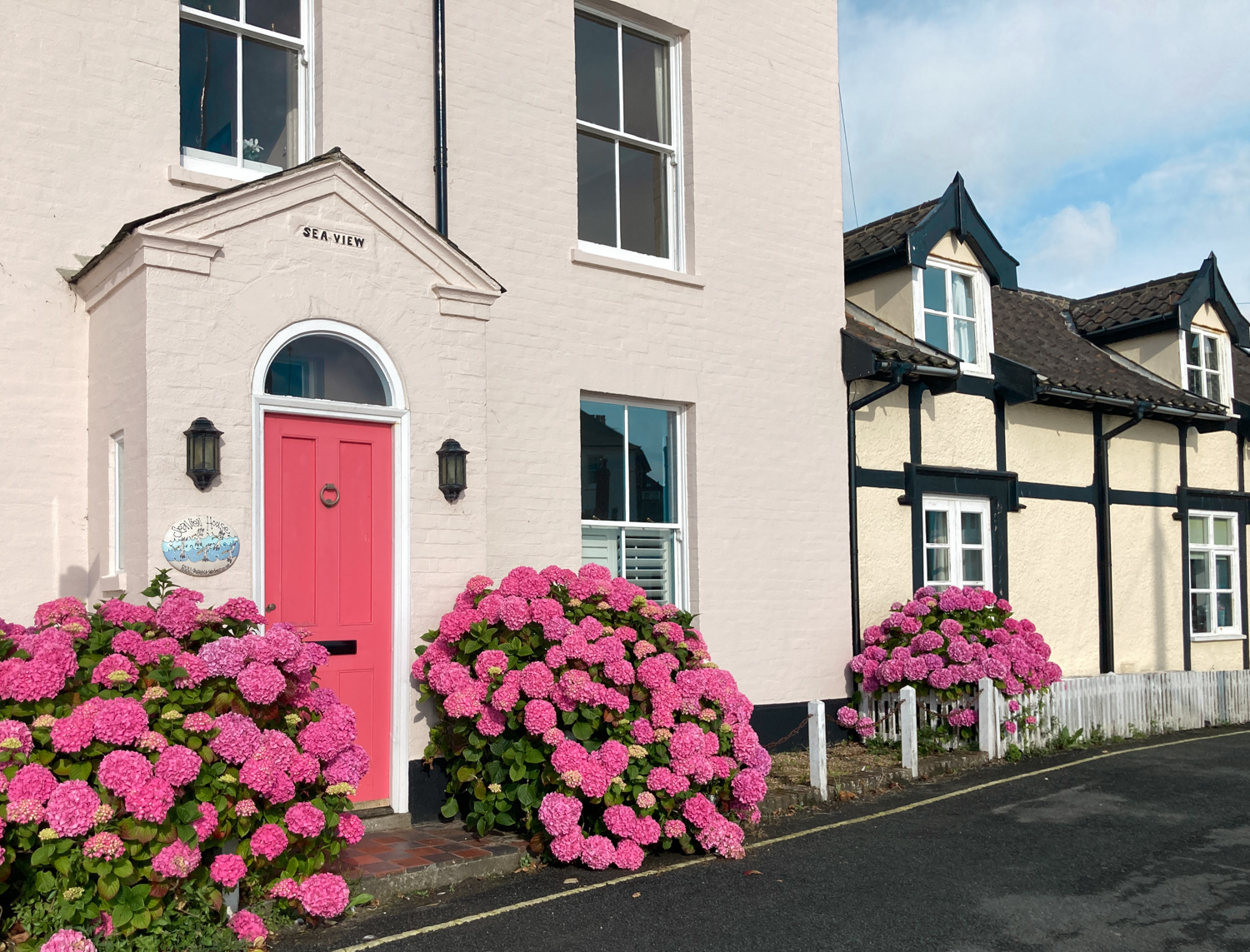

2 responses
Thanks for sharing your experience Marcela 🙂
Excellent post! I had a rental years ago because I got so inspired watching HGTV, buying, selling, flipping houses, and I thought I was going to love it. You know what? Although I had some wonderful tenants, I also had some horrible ones. So much so, that I had to go to court to contest the fact that the ex-tenant was only getting a very little amount back of his deposit. Because I love to take pictures, keep receipts, and keep things organized the judge said that it was fair what he was getting back. Would I do it again? No way!